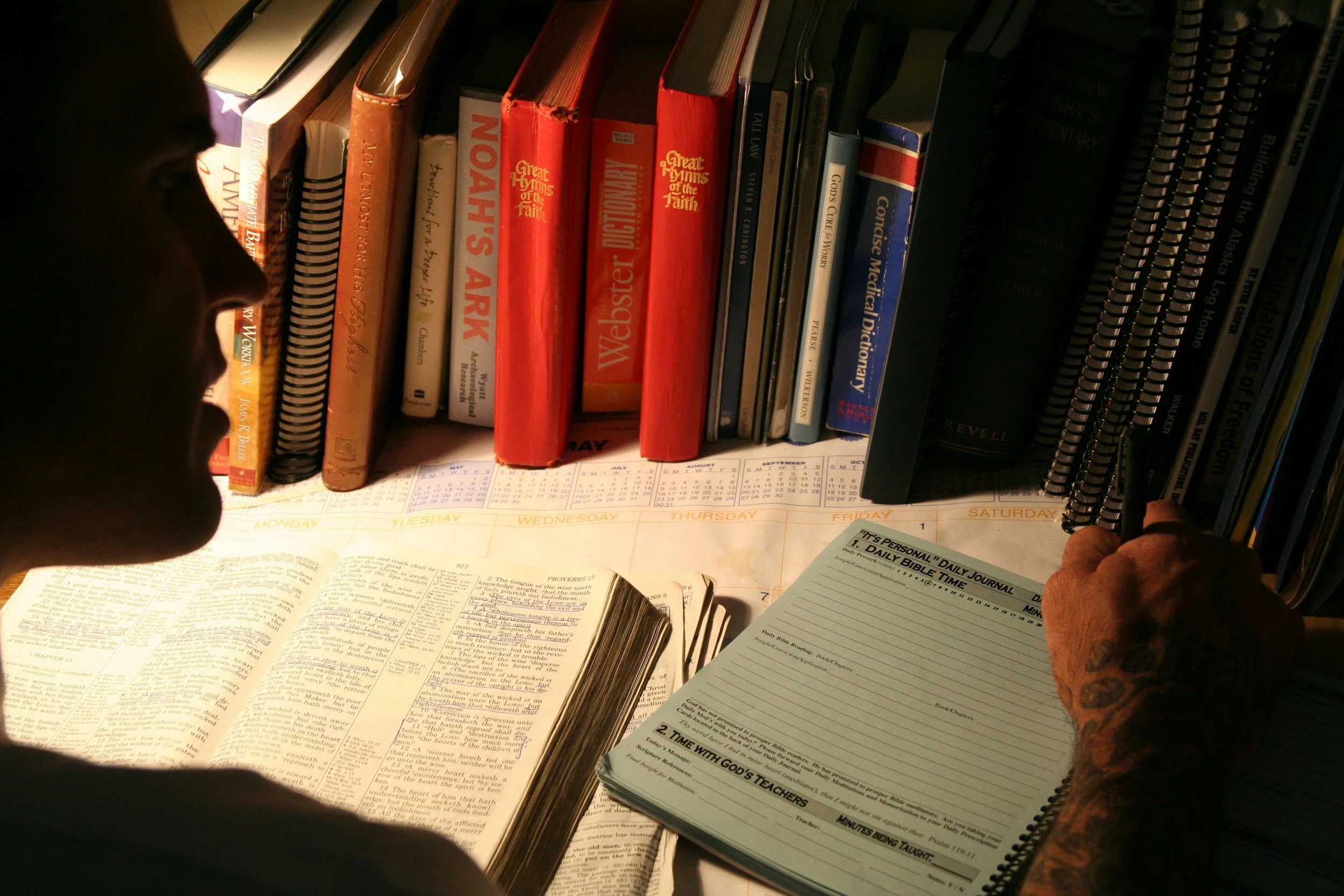How to Retake the ASWB Exam After a Failed Attempt: A New Study Approach
Failing the ASWB exam can be discouraging, but it doesn’t mean you won’t pass on your next attempt. Many social workers need multiple tries before achieving a passing score. The key to success is developing a new study approach that builds on your previous attempt. In this guide, we’ll walk you through how to reassess your study methods, retake the exam strategically, and make the most of your waiting period.
II. Understanding ASWB Retake Policies
Before jumping back into studying, it’s important to understand the ASWB’s retake policy:
Mandatory Waiting Period: You must wait 90 days before retaking the exam (ASWB, 2023).
Appeal Process: If you fail by a small margin and need to retest sooner due to employment or licensure deadlines, you may be able to appeal the wait time by submitting a request through your state licensing board (ASWB, 2023) (1).
Understanding these policies helps you plan your study timeline efficiently and avoid unnecessary delays in your licensure process.
Analyzing Your Previous Attempt
The most important step after failing the ASWB exam is identifying why you didn’t pass. Here’s how to assess your performance:
Review Your Score Report: The ASWB provides a breakdown of your performance in different content areas. Which sections were your weakest?
Identify Testing Challenges: Did you struggle with time management, anxiety, or tricky question wording?
Reflect on Study Methods: Consider what worked and what didn’t in your previous study routine. Did you rely too much on memorization instead of application?
By analyzing these factors, you can develop a more targeted study plan for your next attempt.
Creating a New Study Strategy
If your previous study approach didn’t work, it’s time to try something different.
1. Shift from Passive to Active Learning
Practice with ASWB-style questions instead of just reading textbooks (Dunlosky et al., 2013) (2).
Use active recall methods like flashcards, self-quizzing, and explaining concepts aloud.
Apply concepts to real-world social work scenarios to deepen understanding.
2. Focus on Weak Areas First
Devote extra time to low-scoring content areas from your score report.
Use spaced repetition to reinforce difficult concepts over time (Brown et al., 2014) (3).
3. Simulate Exam Conditions
Take timed, full-length practice tests to build endurance and confidence.
Practice answering questions strategically by identifying distractors and key terms.
Making the Most of the 90-Day Waiting Period
Instead of seeing the waiting period as a setback, use it to strengthen your preparation.
First 30 Days: Review your score report, adjust your study plan, and focus on weak areas.
Next 30 Days: Implement new study techniques, increase practice questions, and test different strategies.
Final 30 Days: Take full-length practice tests, review missed questions, and build test stamina.
If test anxiety was an issue, incorporate stress-management techniques like deep breathing, mindfulness, or guided relaxation (Zeidner, 2014) (4).
Failing the ASWB exam doesn’t mean you won’t succeed—it means you have an opportunity to improve your approach. By analyzing your past performance, adjusting your study strategy, and making the most of your waiting period,you’ll increase your chances of passing on your next attempt.
Ready to retake the ASWB exam with a smarter study plan? Our test prep materials include practice exams, content reviews, and strategic study techniques designed to help you succeed. Start your journey to passing today!



